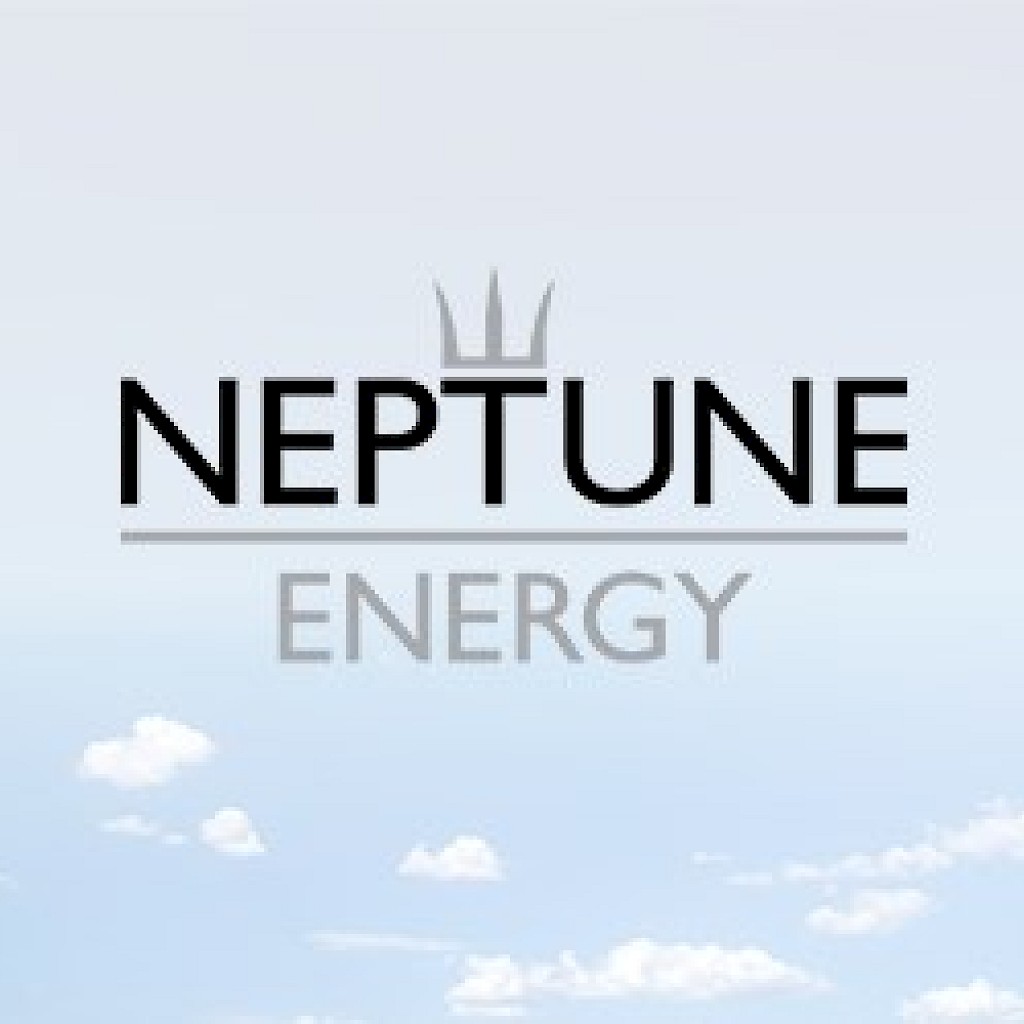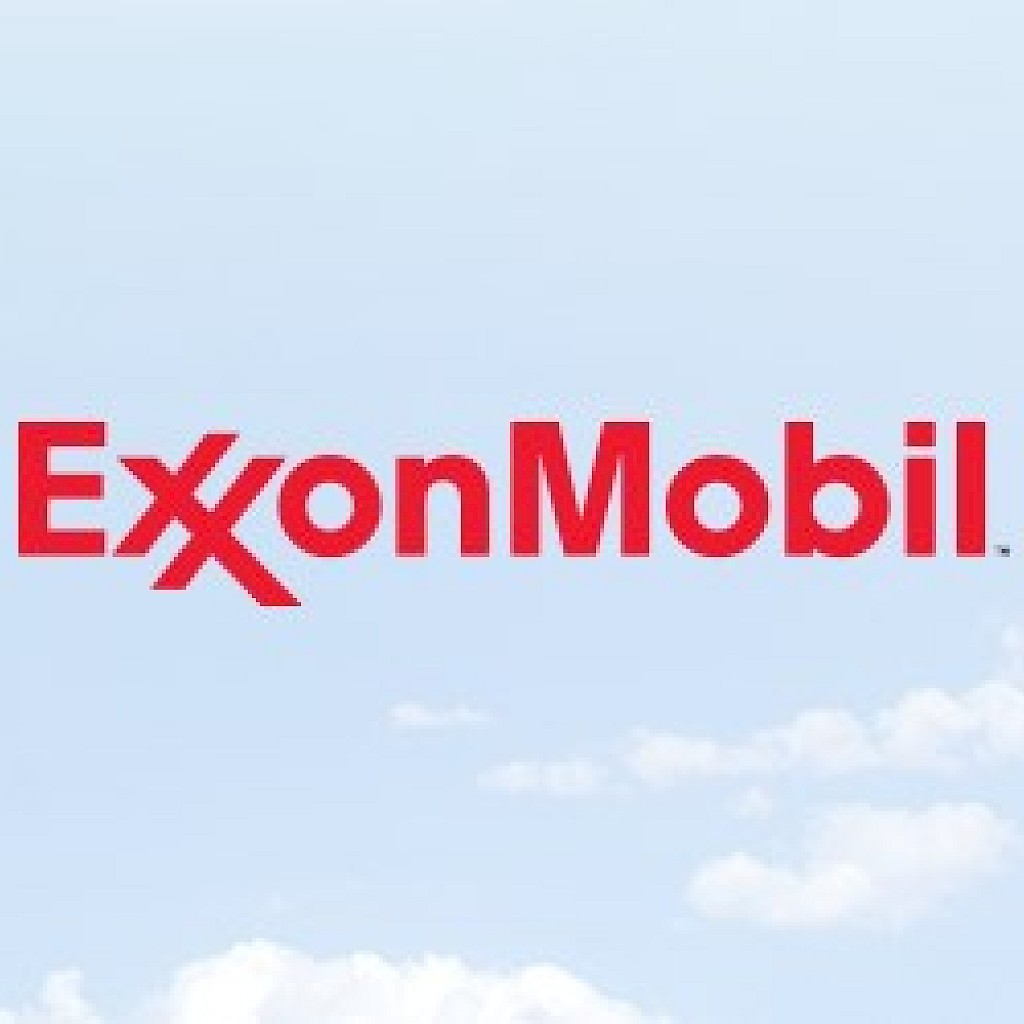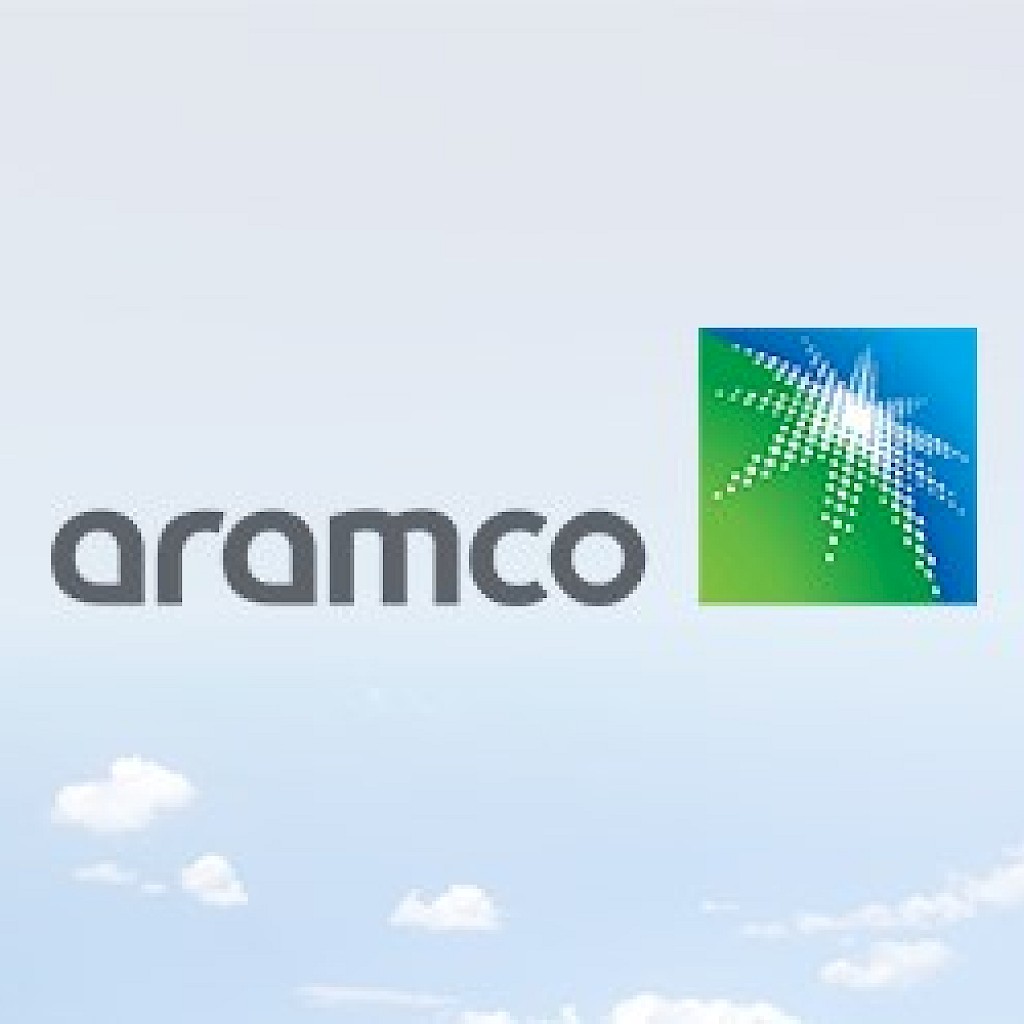ADNOC has brought forward its target date of achieving net-zero emissions from operations by five years to 2045, and has also set itself a target of zero methane emissions by 2030.
Its net-zero target forms part of the company’s energy transition framework which includes four pillars:
- Decarbonizing its operations
- Growing its lower-carbon solutions
- Leveraging technology and partnerships
- Promoting biodiversity and nature-based solutions
These pillars are supported by an initial USD$15 billion investment in low-carbon solutions including electrification, carbon capture and hydrogen in addition to investments through Masdar, a UAE renewable energy and green hydrogen company based in Abu Dhabi, to grow renewables.
ADNOC’s net-zero milestones
2025
- <0.15% upstream methane intensity
- 1 million tonnes per year of low-carbon ammonia production by 2025
2030
- Zero methane from ADNOC operated oil and gas assets
- 25% greenhouse gas intensity reduction in Scope 1 and 2 emissions relative to 2019 baseline
- 5 million tonnes per year of carbon capture capacity
- 1 million tonnes per year of green hydrogen production by 2030 through Masdar
- 100GW of global renewable energy capacity by 2030 through Masdar
2045
- Net-zero Scope 1 and 2 emissions
Download ADNOC’s Advancing towards net zero publication, which charts its roadmap and tangible actions toward net-zero emissions by 2045.
Musabbeh Al Kaabi, Executive Director, Low Carbon Solutions & International Growth, ADNOC, said ‘We have maintained one of the lowest carbon emissions intensities in the world and will further reduce the intensity of our greenhouse gas emissions by 25% by 2030.
‘We support the goals of the Paris Agreement and value international collaboration in addressing climate change and its effects within the context of sustainable development and the energy transition. Our role as an energy company is crucial to achieving this balance, and we have the scale and expertise to and help accelerate the energy transition.’



